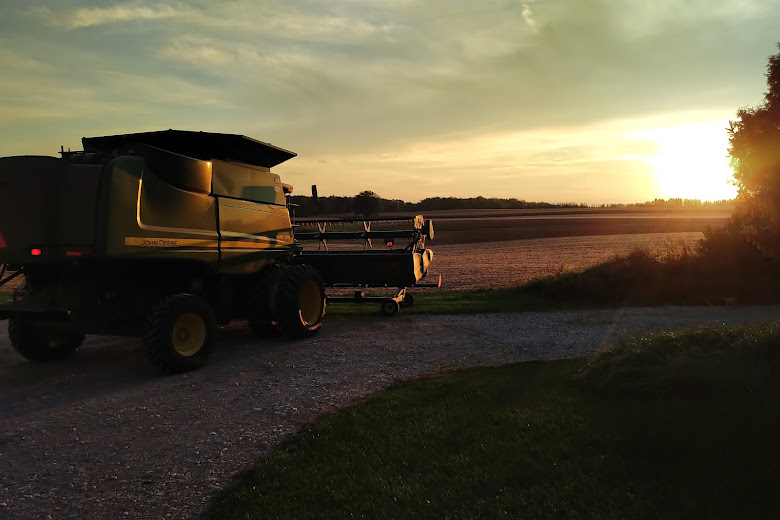The Ontario Court of Justice has ordered a new trial of charges against Alfred John Willows under the Grains Act, R.S.O. 1990, c. G-10. Willows was charged with carrying on the business of a grain dealer in Ontario on two occasions in 2007 without holding a licence issued by the Chief Inspector. It was alleged that he had purchased grain from producers (which requires a licence). In actuality, he had purchased grain "out of storage" - the grain he already had in his storage bins. One of his defences was that this did not constitute the action of a dealer. Following a two day trial in Brockville before Justice of the Peace Brian Mackey, Willows was acquitted. The Crown appealed the acquittal to the higher court and, in his decision rendered February 17, 2010, Justice John Waugh ordered the case back before a Justice of the Peace for a new trial.
Justice of the Peace Mackey had acquitted Willows on three distinct and mutually exclusive grounds or principles of law: i) officially induced error; ii) due diligence; and, iii) Doctrine of Vagueness because of ambiguity or vagueness in the law itself. These defences needed only to be established by the accused on the balance of probabilities (i.e. more likely than not or 50% plus one, etc.). Justice Waugh found that none of these defences had been raised by Willows at trial and none were supported by the facts proven at trial. There was no officially induced error proven by the defence - the only communication from a government official had been from Agricorp (not the authority needed to found this defence) and was vague. Due diligence could not be proven because Justice Waugh found that Willows was aware that a licence was required. Finally, the Grains Act was not overly vague or ambiguous - Justice Waugh found that there were licensing requirements for grain elevator operators and for grain dealers, and that in certain circumstances the operations of each would overlap and both licences would be required.
Read the decision at: R. v. Willows.

No comments:
Post a Comment